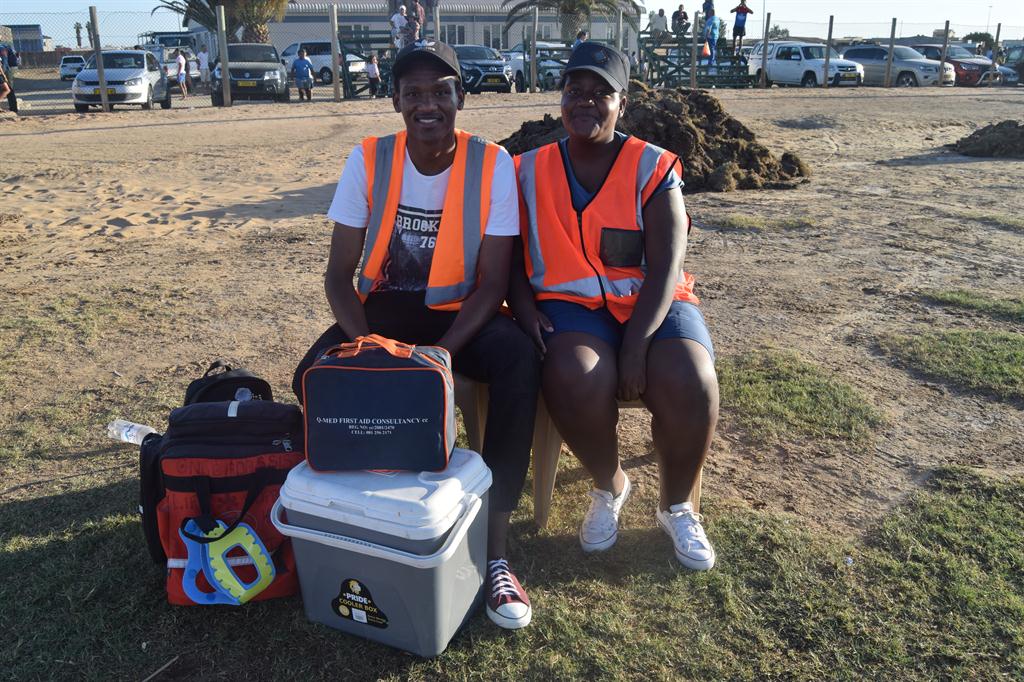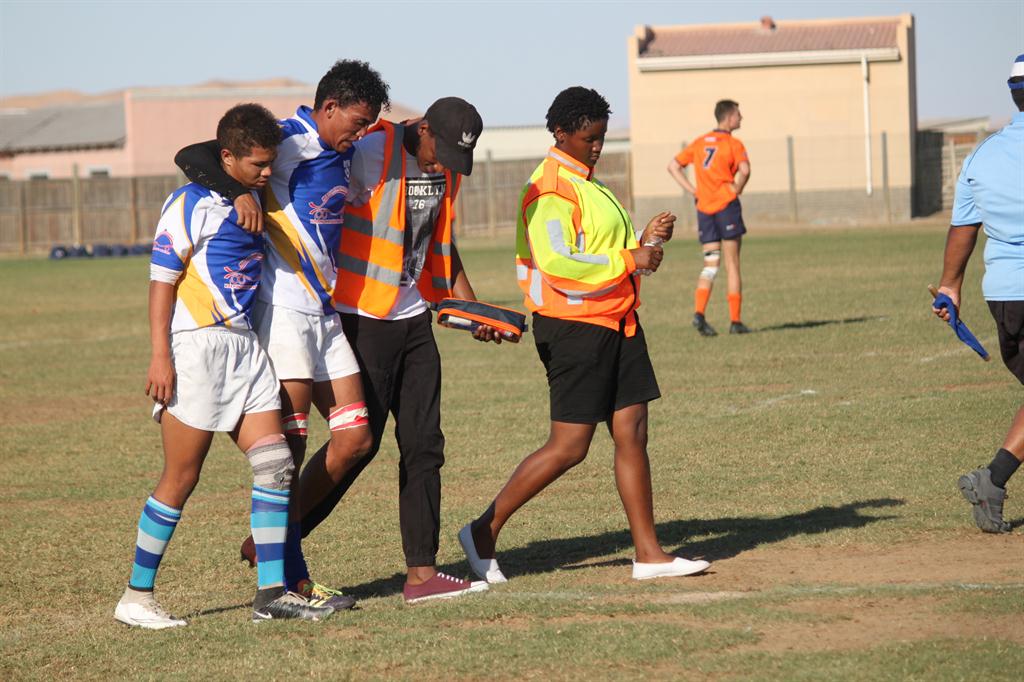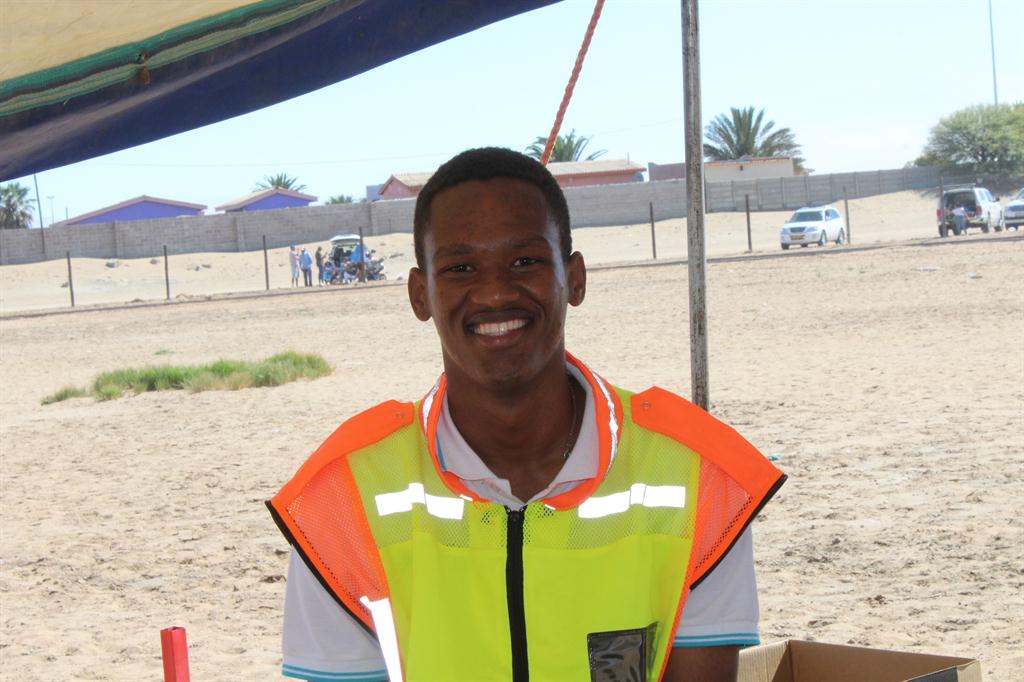First aiders on the rise
Lindley AppollisWhy is health and safety in schools important? Simple accidents, such as slips or trips, might seem a trivial part of the day-to-day hustle and bustle of school life, but they are capable of causing serious injuries and worse. In one accident recorded on the HSE website, a school canteen employee slipped on some food that had been dropped on the floor of the school dining room. As a result, she broke her leg and later died due to a blood clot. While this is an extreme case, health and safety planning can significantly reduce the chances of outcomes such as this from occurring. This planning can be as simple as ensuring the correct risk assessments are in place, educating staff on how to identify risks or providing first aid training to staff and pupils.
Looking at first aid specifically, should a member of staff, a pupil or a visitor become unconscious, it will take an average of eight minutes for an ambulance to arrive on the scene following an emergency call. By having someone on hand who has the appropriate skills and feels confident enough to use them, emergency first aid can be implemented immediately, potentially saving a life.
That is why in August 2018 De Duine secondary school was approached by Q-med first aid consultancy to give training to learners who were interested. There were a few students that had volunteer for the courses, but the few who remained and performed well were: Benito Sinden, Martha Erastus, Juanita Khamuses, Julia Nekongo and Christopher Barwa. They remain in the programme and are still continuing with it, they have completed class A and passed with 80% to above and are planning to go on with class B (advance first aid).
First aid training at schools are important, according to Christopher Barwa,'I would say it's very important to know first aid especially at school because I've been called to the office countless times for medical emergencies and my knowledge and experience served the need.' But not all time he also add that in one incident he had to call the ambulance because the case was out of his control, ‘‘Except the one time when I had to request for an ambulance because the emergency was a bit major and I could handle the situation as far as my knowledge and experience as a class A first aider allowed me... And I've also been in situations where a medical emergency occurred right in front of me and because I was right there, I could quickly help. So first aid is very important at school.'
He was asked why he joined the programme he said that he first joined because of the recognition, but as time went on and they had the opportunity to attend rugby games and athletics, he start to actually enjoy it and got a sense of rush from the experience, ' I also really love the thrill and rush of a medical emergency. That's why I'm still in it - to help people and enjoy the thrill/adrenaline rush.'
During physical events at school his team is always on stand by and ready for any sort of action. Christopher says that he now enjoys going to the event because of the sense of rush he gets and the fun behind it all. He said, when asked why is it important to him,' I personally love the joy of being able to help someone in a medical emergency, I do feel it is everyone's responsibility to care for each other in some way, my way of caring for people is attending to their medical emergency needs.'
The most important thing he has learned during this experience he says is,'that most of the time people just need someone with basic medical knowledge to cater to their Emergency need and then they're good to go but of course we always advise them to go see their doctor afterwards or if any weird symptoms occur.'
More of the interview.
Is there a differences between your classwork and your field work? 'Not really because then that would discredit the value of first aid courses. Apart from the slight nervousness and maybe having to deal with tension/pressure from the casualty's family members (if they're present) then everything on the field is pretty much the same as in class because even practice 'real medical emergency scenes' in class, so we're pretty much prepared' and 'but this also doesn't mean that we're now comfortable and think we know everything, we handle a situation to the best of our capabilities and if the scene requires more than we have to offer or we are somewhat in danger then we call the ambulance.'
What advice do you give to someone that would like to continue this a career or just to join this programme? 'But this also doesn't mean that we're now comfortable and think we know everything, we handle a situation to the best of our capabilities and if the scene requires more than we have to offer or we are somewhat in danger then we call the ambulance.'
Do you think you would continue this as a career? ‘‘As a career no, because I want to pursue a career in law but knowledge is required I will serve the need.






Comments
My Zone
No comments have been left on this article